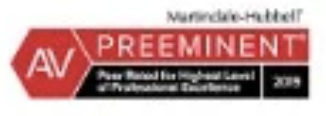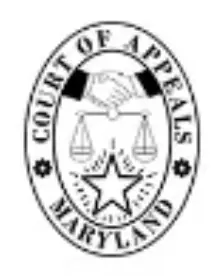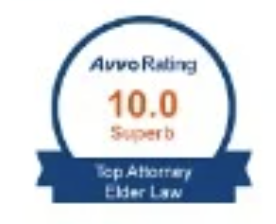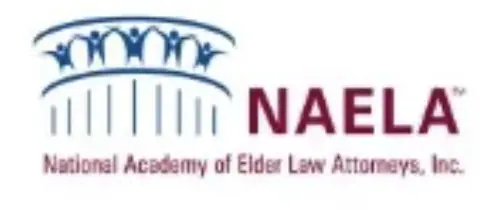Special Needs Planning
Trusts Designed to Supplement Other Available Resources
Supplemental Needs Trusts (SNTs) are a type of special needs trust. They are specially crafted to comply with American state and federal law and are designed to provide benefits to, and protect the assets of, individuals with physical, psychiatric, or intellectual disabilities and still allow such persons to be qualified for and receive governmental support and health care benefits, including long-term ABD Medicaid benefits.
Congress has recognized the importance of protecting the assets of disabled persons while allowing them to continue to receive their SSI, SSDI, and Medicaid benefits and has specifically authorized the use of SNTs. These trusts are called “supplemental needs trusts” because the restrictive language in the trust agreement allows the trustee to pay only for the needs of the beneficiary which the government does not pay.
THIRD-PARTY SUPPLEMENTAL NEEDS TRUSTS
Whenever a client needs to plan in advance for a loved one with special needs, we often guide this person to a Third-Party SNT. Generally, we work with the parents of an individual with disabilities or special needs to establish a Third-Party SNT, although a grandparent, sibling, or any other person (other than the beneficiary) may establish the SNT. Third-Party SNTs are designed to protect assets for a disabled child, adult, or senior while allowing them to receive SSI, SSDI, and Medicaid health insurance and long-term care benefits. Third-Party SNTs are often used to receive an inheritance or personal injury litigation proceeds on behalf of an individual with a disability, in order to allow the person to qualify for government benefits despite their receipt of the settlement.
FIRST-PARTY SUPPLEMENTAL NEEDS TRUSTS
Whenever a client is looking to protect a person with a special need or disability who has already inherited money or property outright or has received a court settlement, we often recommend a First-Party SNT. This kind of trust can also be useful when a person without a prior disability who owns assets in his or her name and later becomes disabled, needs to qualify for public benefits that have an income or asset limitation. First-Party SNTs are always carefully crafted to comply not only with complicated federal law but also with rigorous state-specific regulations. First-party SNTs are commonly referred to as self-settled SNTs, Medicaid payback trusts, and d4A or d4C trusts.
OUR INNOVATIVE SECURE ACT SUPPLEMENTAL NEEDS TRUSTS
On January 1, 2020, the SECURE Act went into effect. With the SECURE Act, Congress generally repealed the ability of children to inherit a parent’s Qualified Retirement Account, like an IRA, 401(k), or 403(b), and “stretch” the inheritance over a lifetime. Instead, except in the case of spouses and a few other very limited circumstances, all retirement plan assets must be distributed, and all taxes paid, within 10 years of the death of the plan participant. Fortunately, Congress accepted the advice of the National Academy of Elder Law Attorneys, a national advocacy organization for the elderly and those with special needs, to make an exception to the new rule for those who are disabled or chronically ill.
While this last-minute change does preserve the “stretch” for disabled and chronically ill children, it does nothing to automatically guarantee that retirement plans to be inherited will not disqualify those same beneficiaries from their other government benefits like SSI and Medicaid. On the other hand, traditional Third-Party SNTs don’t meet the stringent requirements to allow a lifetime “stretch.”
The Legacy Elder Law Center has solved the problem, however, with our “SECURE” Supplemental Needs Trust. This innovative and unique trust planning tool preserves the “stretch” on inherited retirement accounts for disabled and chronically ill individuals while simultaneously preventing those funds from meeting the definition of “countable resources” that would cause the beneficiary to lose their critical governmental benefits. And all of this is done with a tool that allows for responsible management of trust assets for those who need assistance.
“They help good people through difficult times…”
Online Reviews
Memberships & Associations









